Are Carbon Wheels Coming to Your Next Daily? Dymag Partnering with AIM Might Make it Happen
Even with the advancement of internal combustion engine efficiency and electrification, OEMs are finding every way to save fuel without major sacrifices.
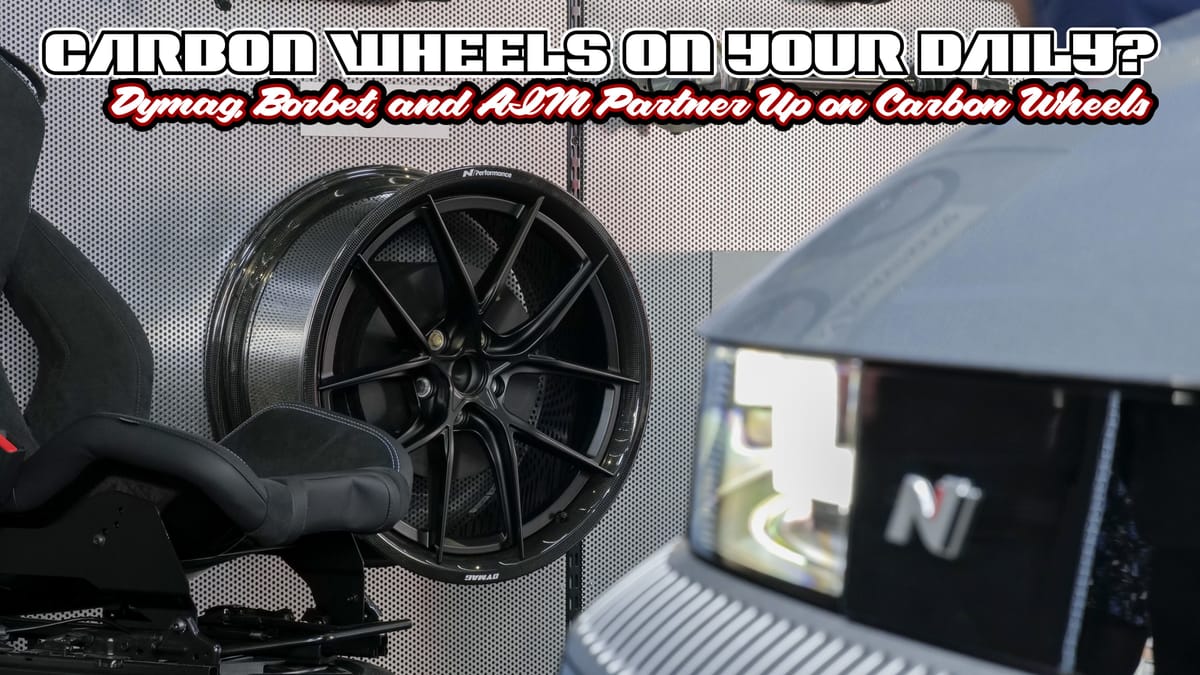
While it may seem like the US is planning to change its fuel economy rules, this will not stop OEMs from finding ways to make their vehicles more fuel efficient and weigh less than they do now. One of the major areas that influence weight in multiple ways are your wheels. Rotational, static, and unsprung mass affect your car more than you might think and is why OEMs look towards carbon fiber and carbon hybrid wheels from Dymag as a solution. Now, Dymag, a subsidiary Borbet GmbH since 2024, and Advanced International Multitech Co, Ltd (AIM) are partnering up to make mass market carbon wheels a reality.
Before You Go Further
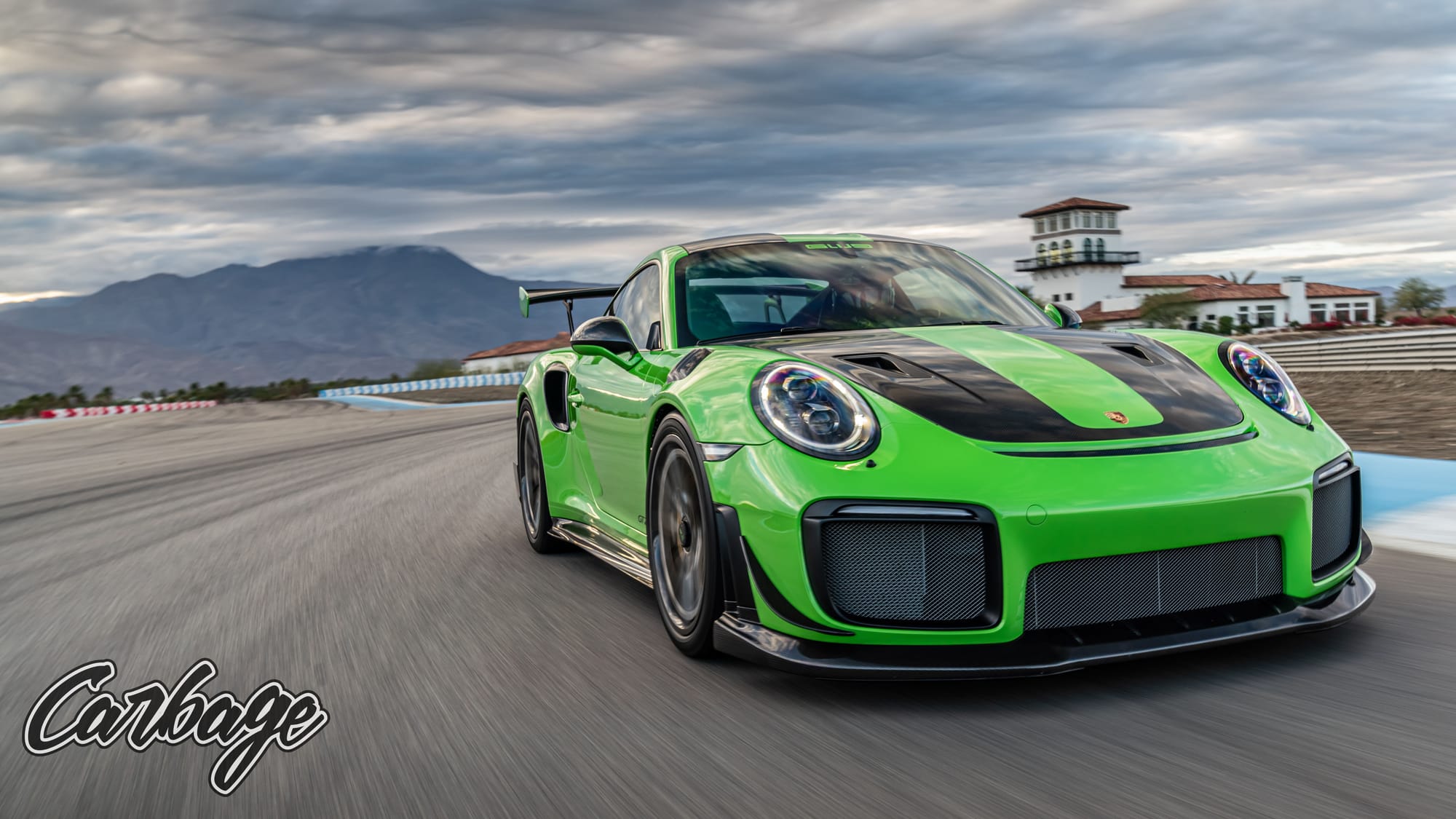
If you like the content on Carbage and want to see more or just want to contribute, be sure to support this site on Patreon. We know that even asking for $1 per month in the time we’re all having now is a lot to ask of you all but know that it will go to some amazing photographers this year as we cover the 2025 Formula Drift season and beyond. And, yes, you have read that right: Carbage is hiring photographers for individual rounds the 2025 season. We need some amazing photographers for many rounds of the 2025 FD season. If you or someone you know would be interested, let us know at staff@carbage.online and provide example images of past work.
Who are Dymag, Borbet, and AIM?
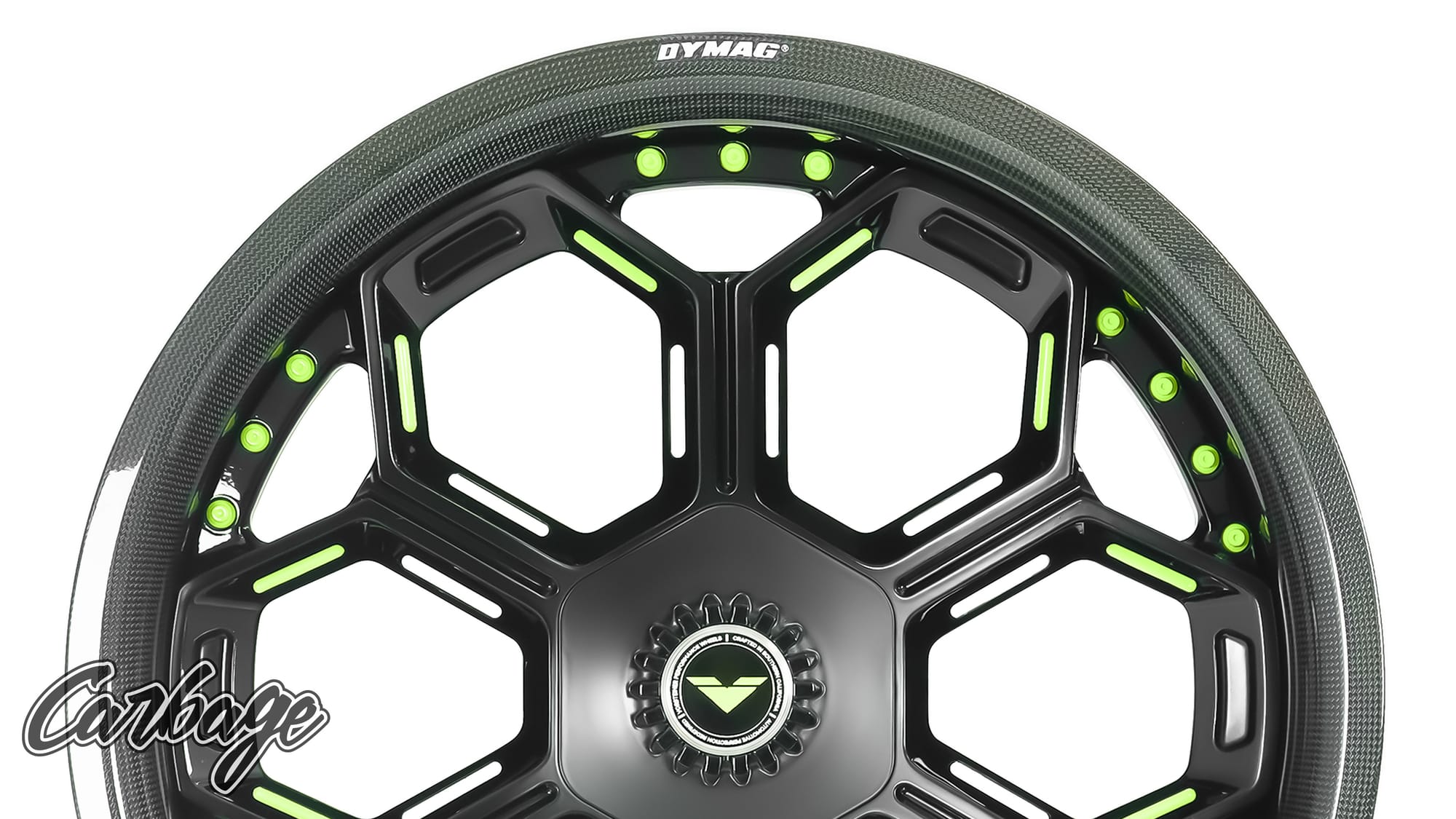
The three players in this story are brands you might not have a lot of direct interaction with, especially if you happen to not work in the performance and aftermarket side of the auto industry. The oldest of the three is Borbet, a German brand that is best known for its premium aluminum wheels. But it started in 1881 as a brass foundry in Westphalia—yes, the same region camper conversion company, Westfalia, is located—but started casting wheels in 1977 and supplying many German and European car brands with aluminum wheels.
Just before Borbet the wheel market, Dymag was founded in 1974 under the brand name “Competition Wheels Limited” with Max Boxstrom leading the way. It became well known for supplying racing teams with magnesium wheels before moving on to forged magnesium in the 1980s. By the time the 1990s came along, Dymag developed the first commercial carbon fiber motorcycle wheel for road use. A decade later in 2004, it created the first commercial carbon wheel for cars and supplying Konigsegg, Aston Martin, and others as OE wheels. In 2023, Dymag became the supplier for Hyundais N Performance division with a set of carbon hybrid wheels with carbon barrels and aluminum wheel faces bolted on.
Just last year Dymag was acquired by Borbet to begin its journey towards scaling their wheels towards the production needs of other OEMs besides Hyundai. This expansion, however, still needed another partner and this is where AIM has come into play. AIM, located in Taiwan and founded in 1987, is a large-scale manufacturer of composites, particularly in the golf and bicycle industry. Around 2005 it expanded beyond golf and bicycle carbon manufacturing to include automotive parts at its Kaohsiung Branch.
What is This Partnership Looking to Solve?
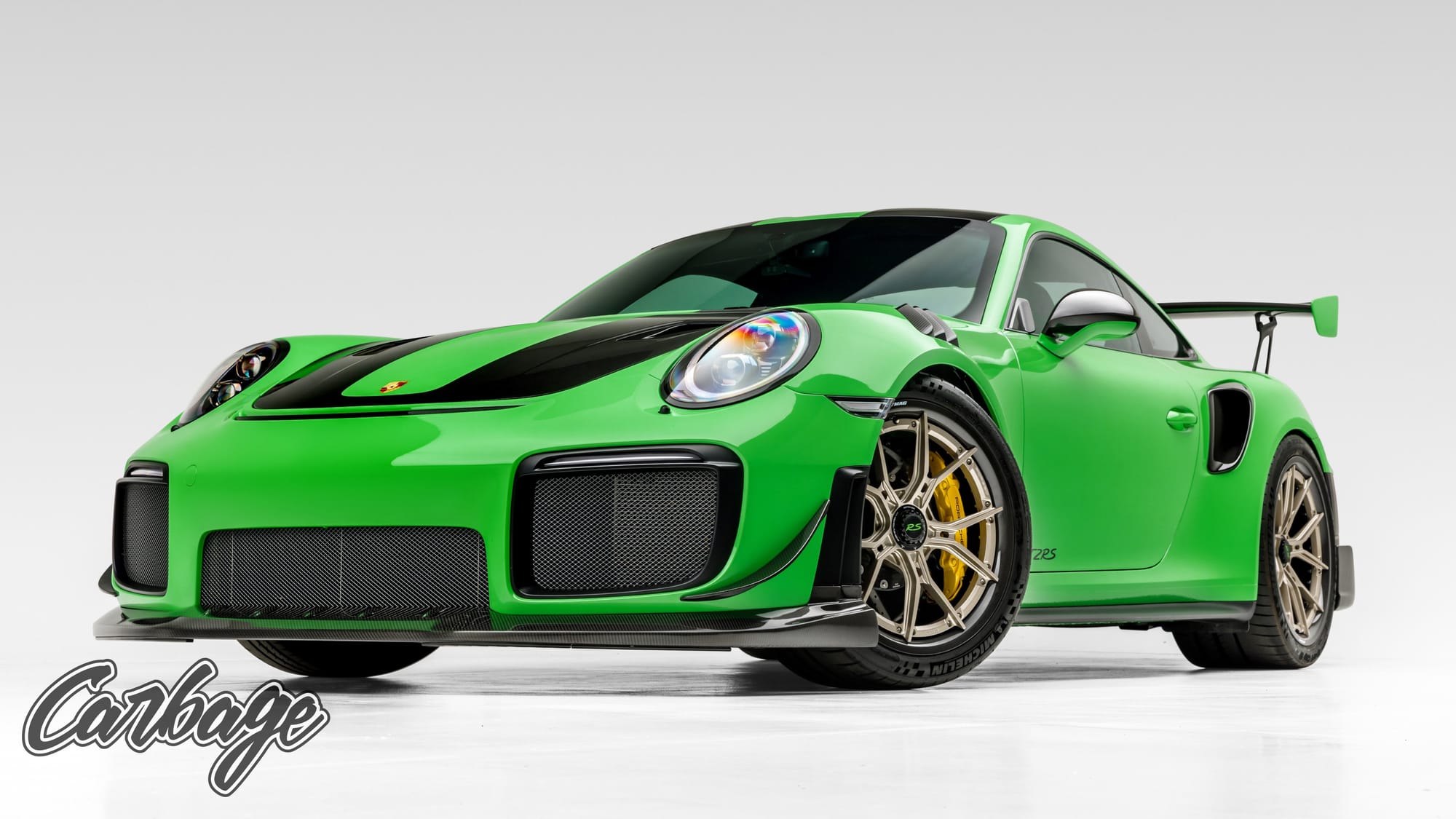
I was curious about why a third partner was needed since Dymag and Borbet—who has a 20% market share as a cast wheel manufacturer—have a long history with working on OEM products, so I reached out to Christopher Shelley, Executive Chair at Dymag, to find out more and he graciously answered my questions. The two key issues were getting the price of carbon wheels to a point that would make sense to OEMs like Hyundai, and the need for increasing production scaling to meet their needs. “We’re streamlining every stage of our manufacturing process and leveraging optimized procurement strategies,” said Chris, “And by partnering with AIM—experts in high-volume carbon component production with an extensive global footprint—we’re securing the cost efficiencies and capacity needed to support future OEM programs.”
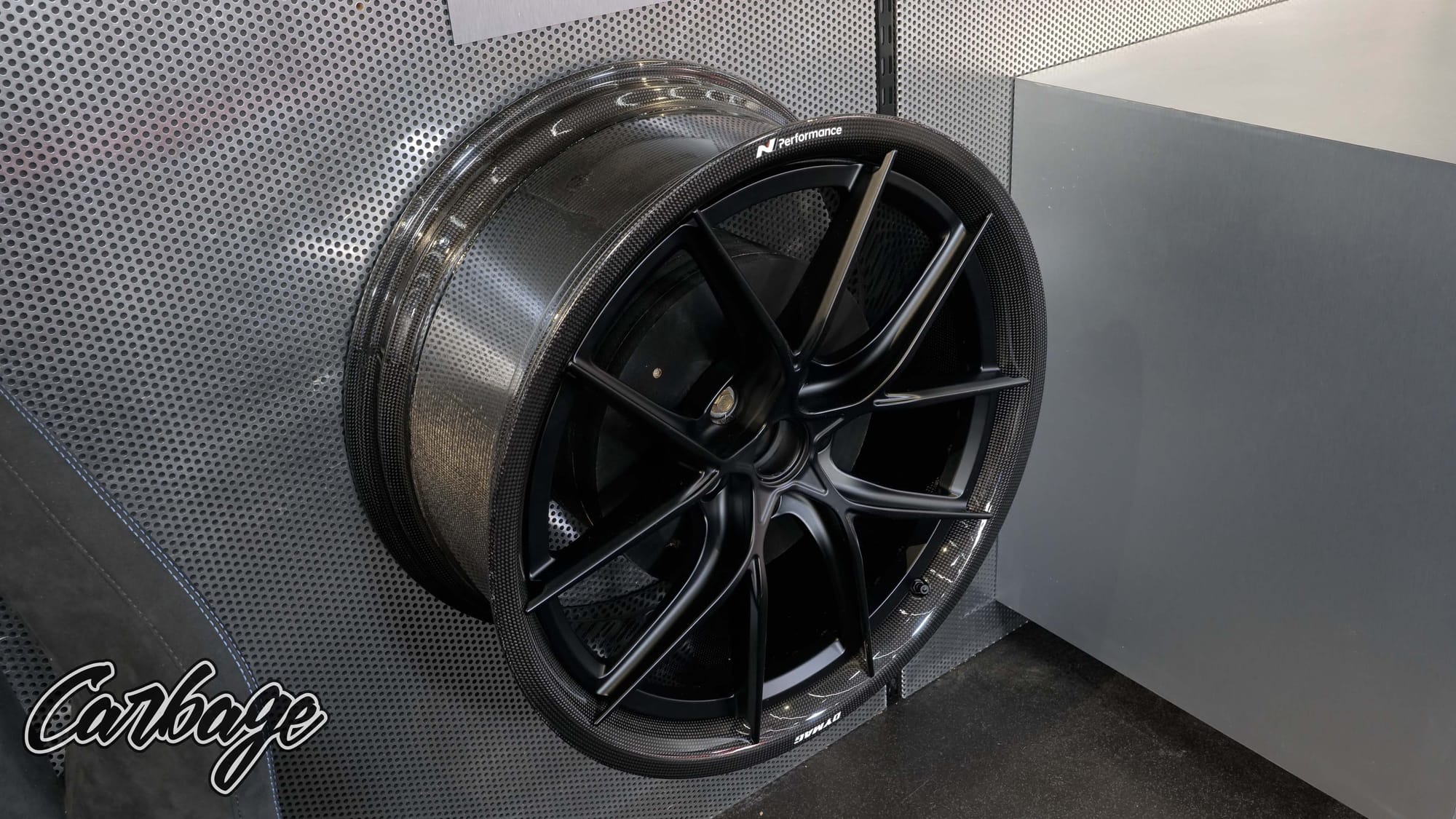
The need to scale was enough on why Dymag was acquired by Borbet in 2024. But there was also the realization that Dymag came away after working with Hyundais N division, one that showed that carbon wheels have a larger place in the automotive world beyond hypercars and race cars. “Hyundai N division was highly involved in leading these innovations,” Chris told me. “There is a developing market across the wider mid-performance market, where performance such as range extensions through weight reduction are needed along with moment of inertia savings for limited and special editions.”
How Would Max Boxstrom Feel About Carbons on a Daily?
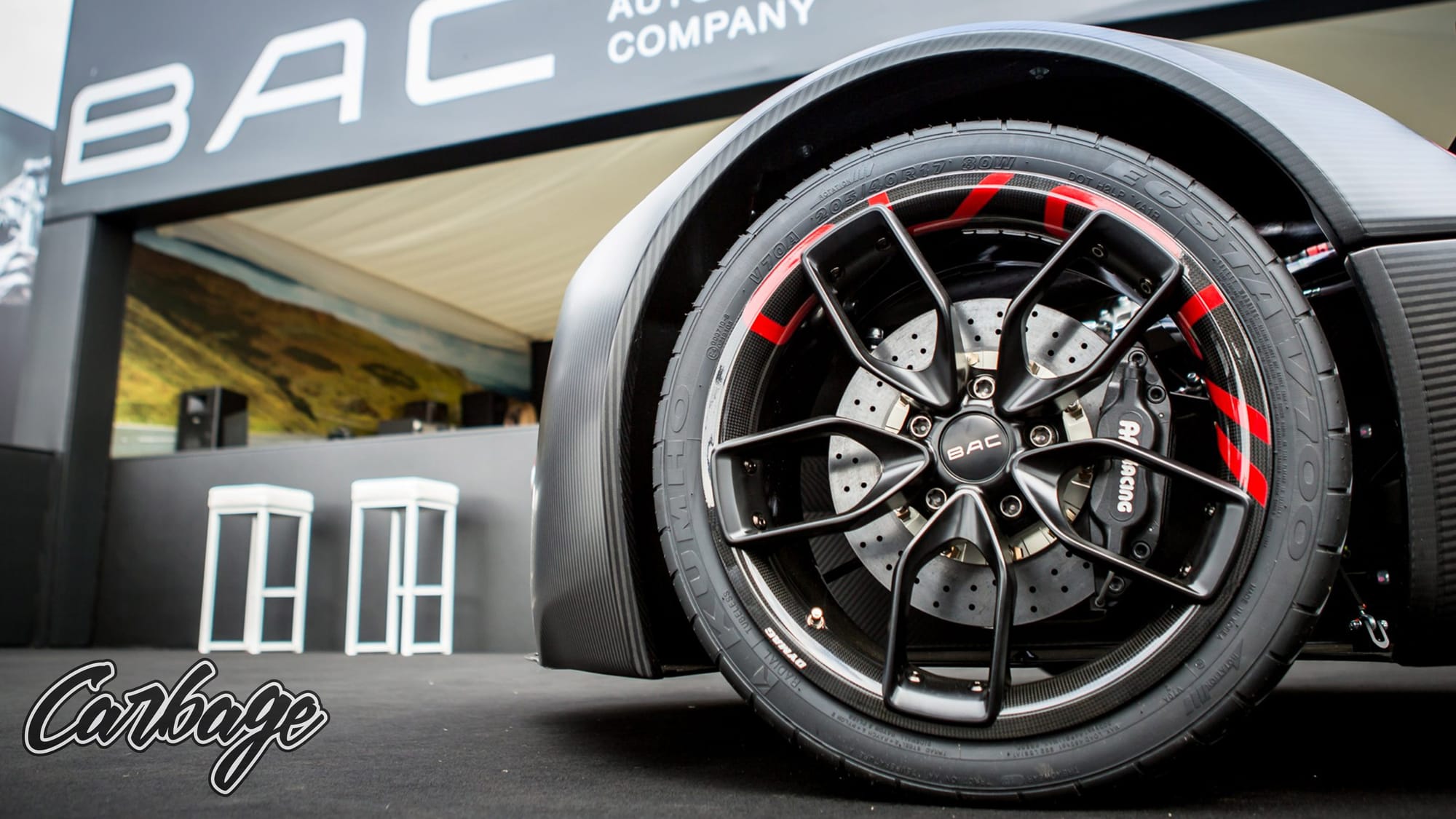
Of course, Dymag started as a high-performance motorsport wheel brand, but I wondered what the founder would have thought about applying his carbon wheels to a street driven, daily use car. There is a huge chance he would have been as excited over that idea as he would have been for race car use. “For the founder—and subsequent owners—of Dymag, it wasn’t a dream of ‘standard’ cars wearing high-tech rims, but of pushing material science and design to new heights—exactly what BX-F achieves today,” Chris said. “While our patented BX-F carbon wheels are not destined for base-model hatchbacks, they are engineered to fit seamlessly into the premium-performance world: BMW M-Series vehicles, exclusive mid-market upgrade packages, and, of course, the supercar and hypercar elites. In every curve and spoke, you will find Max Boxstrom’s original vision alive and well—lightweight strength, innovative technology, and peerless performance—all wrapped up in a name that nods to his legacy, with ‘BX’ being shorthand for ‘Boxstrom.’ This is more than an accessory, it is a tribute. BX-F carbon wheels are the culmination of fifty years of innovation, honoring the past even as they define the future of automotive performance.”
Carbon Wheels on You Next Daily? Maybe.
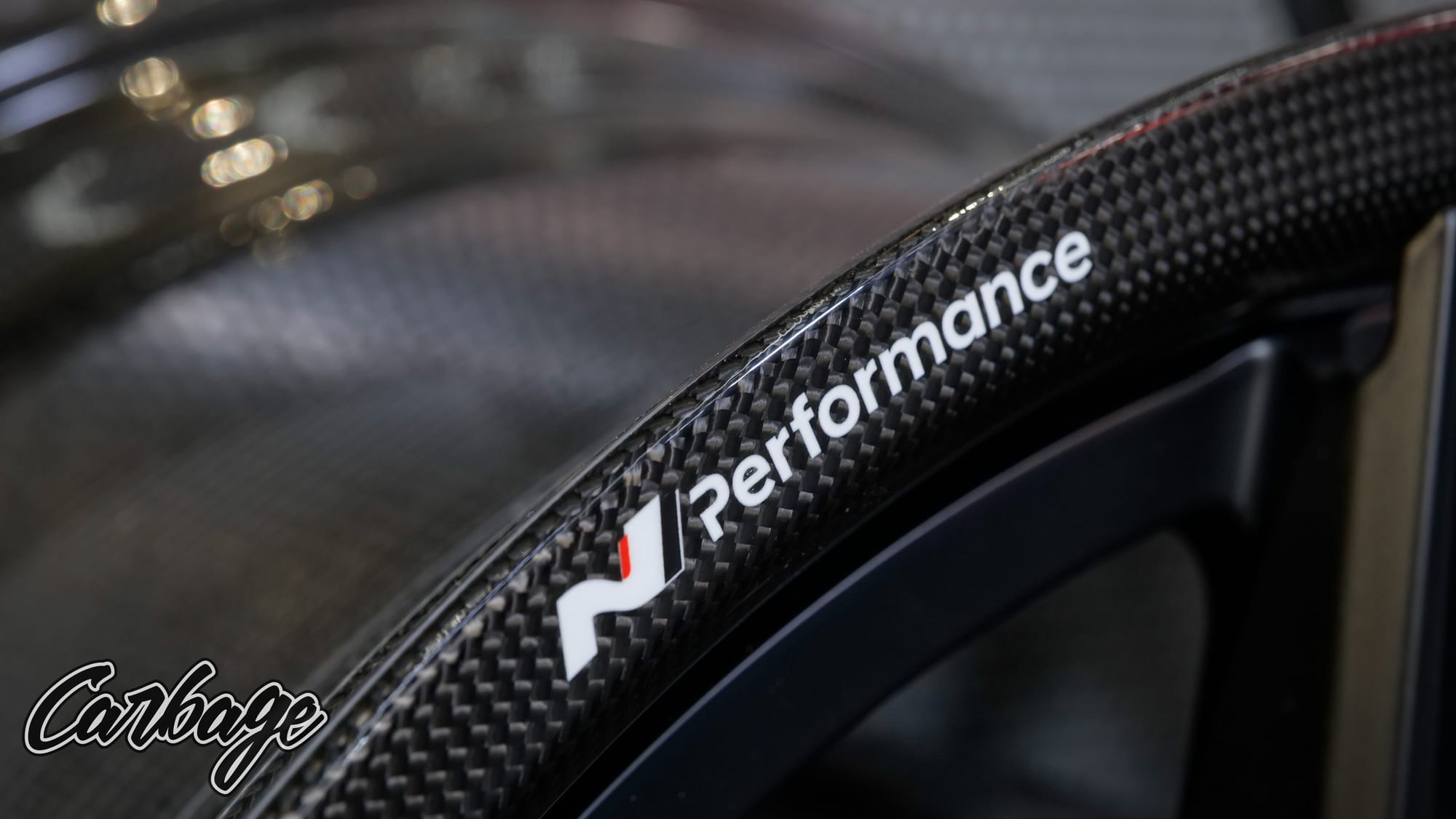
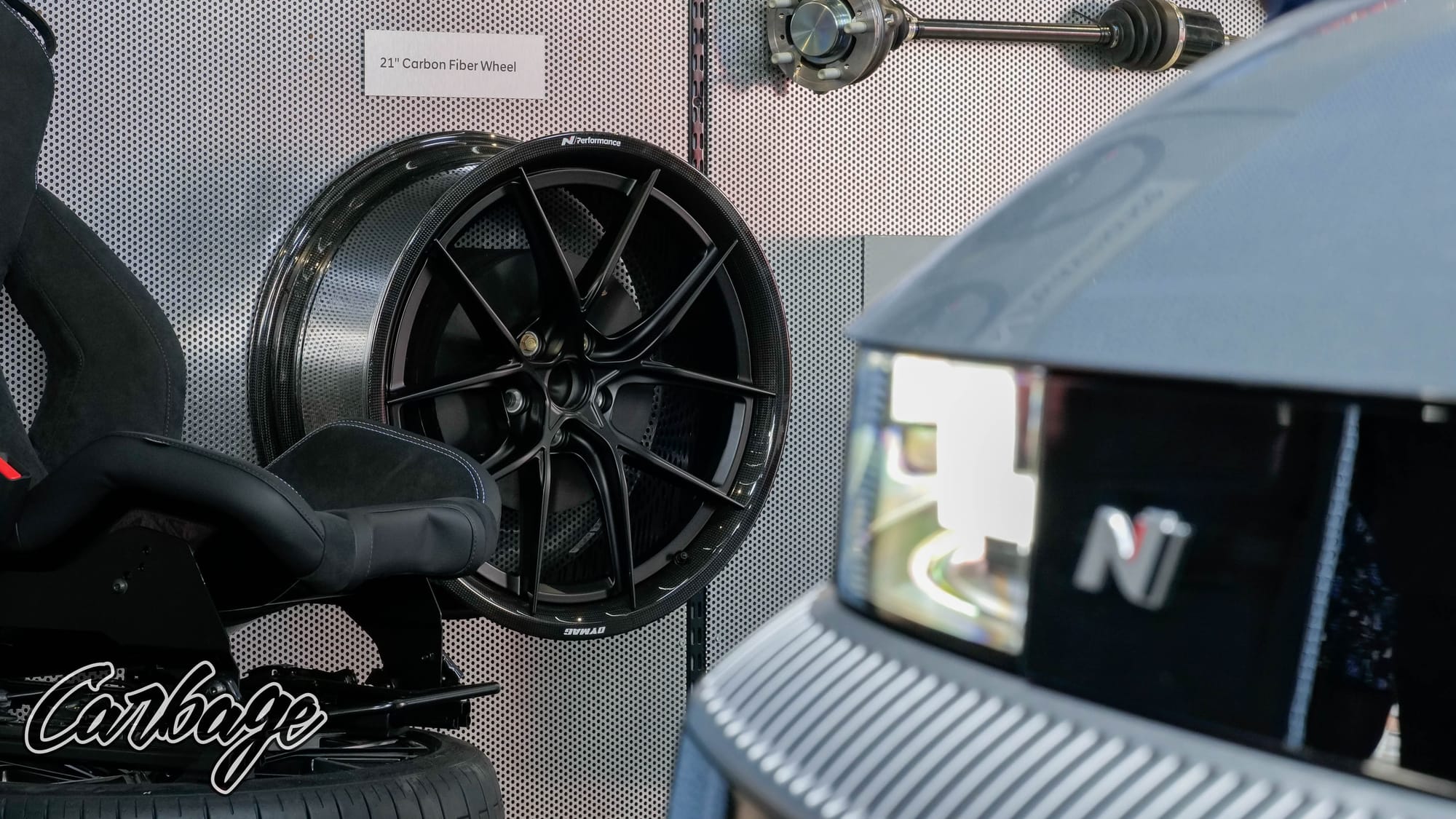
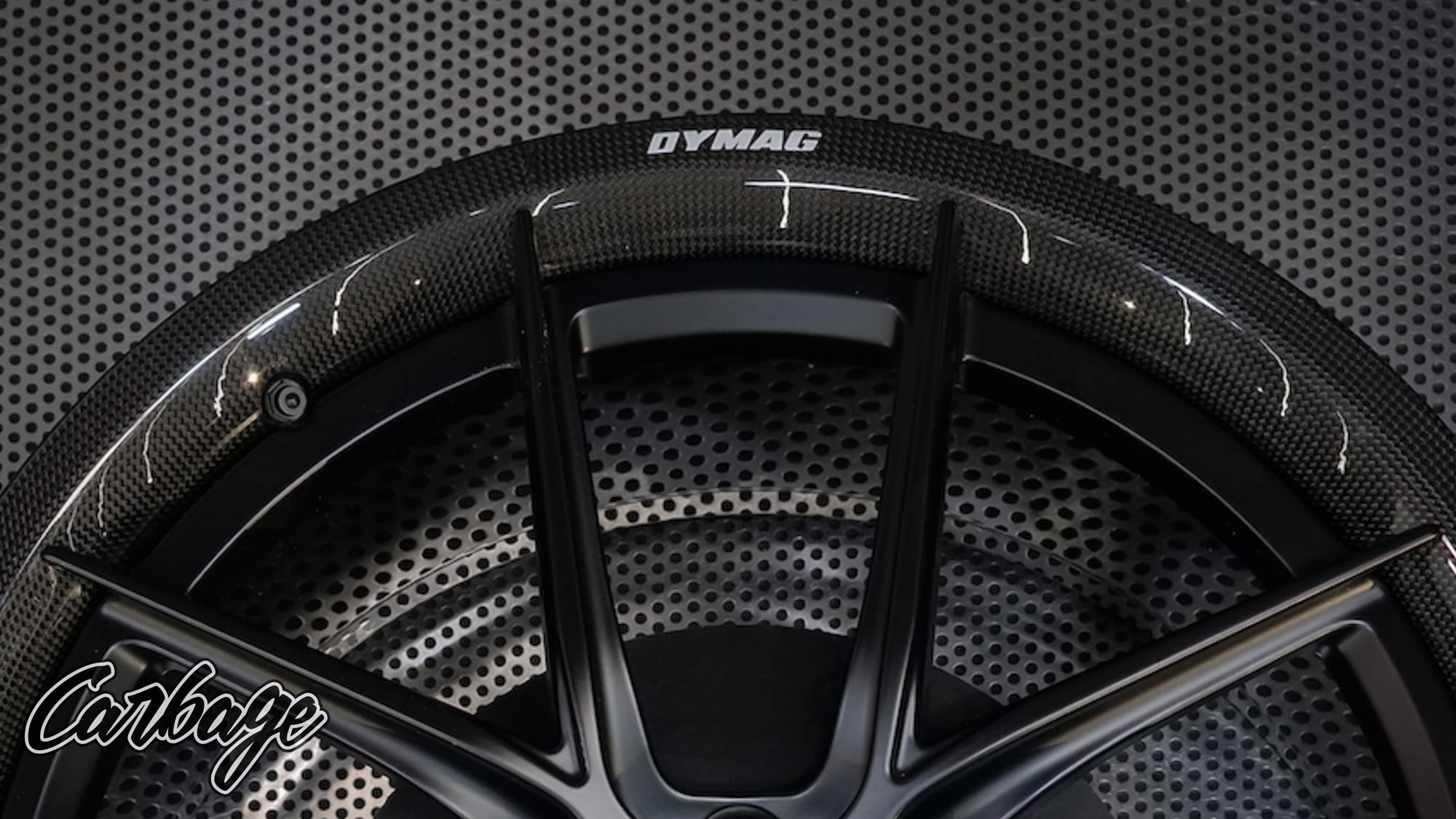
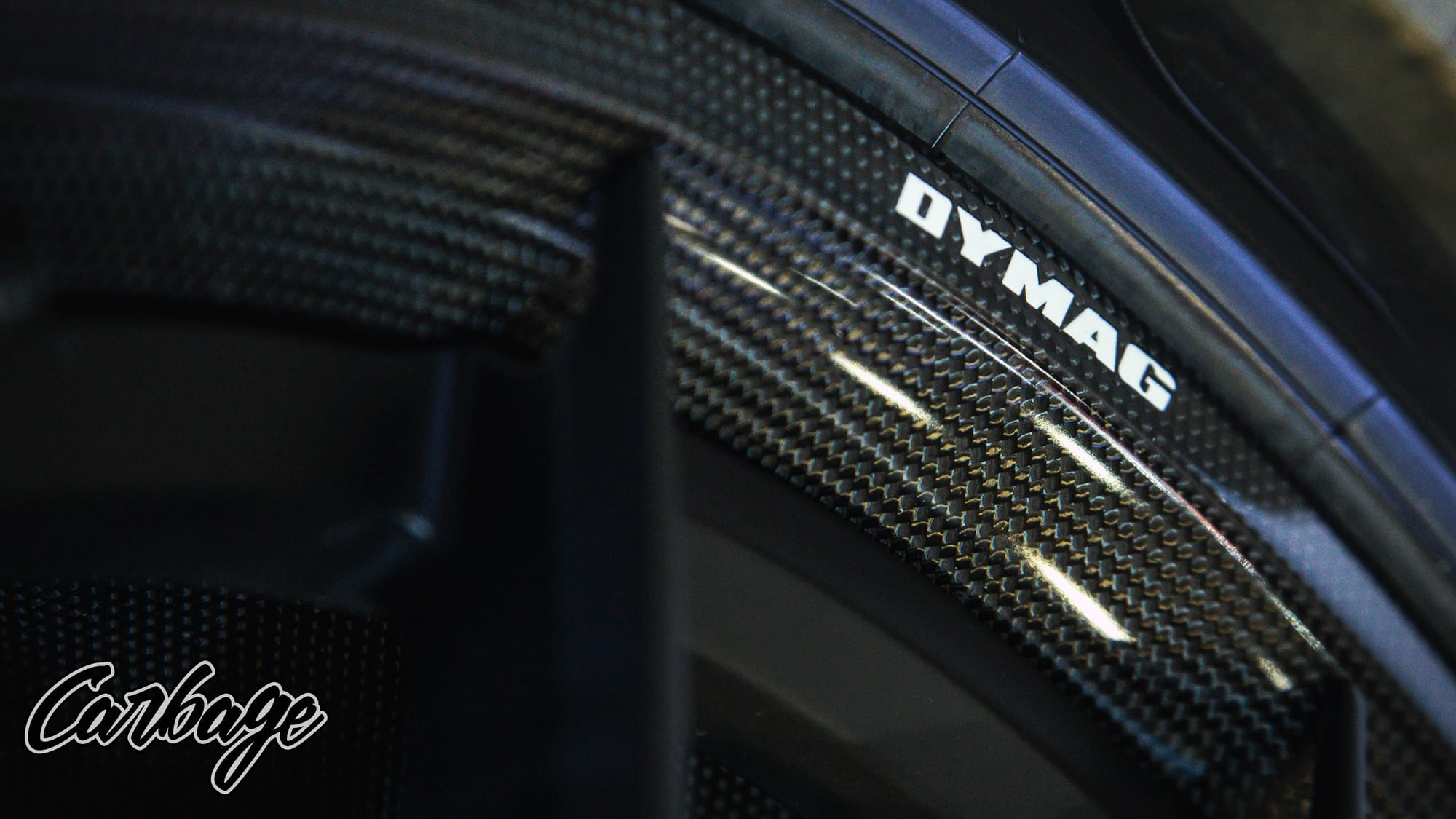
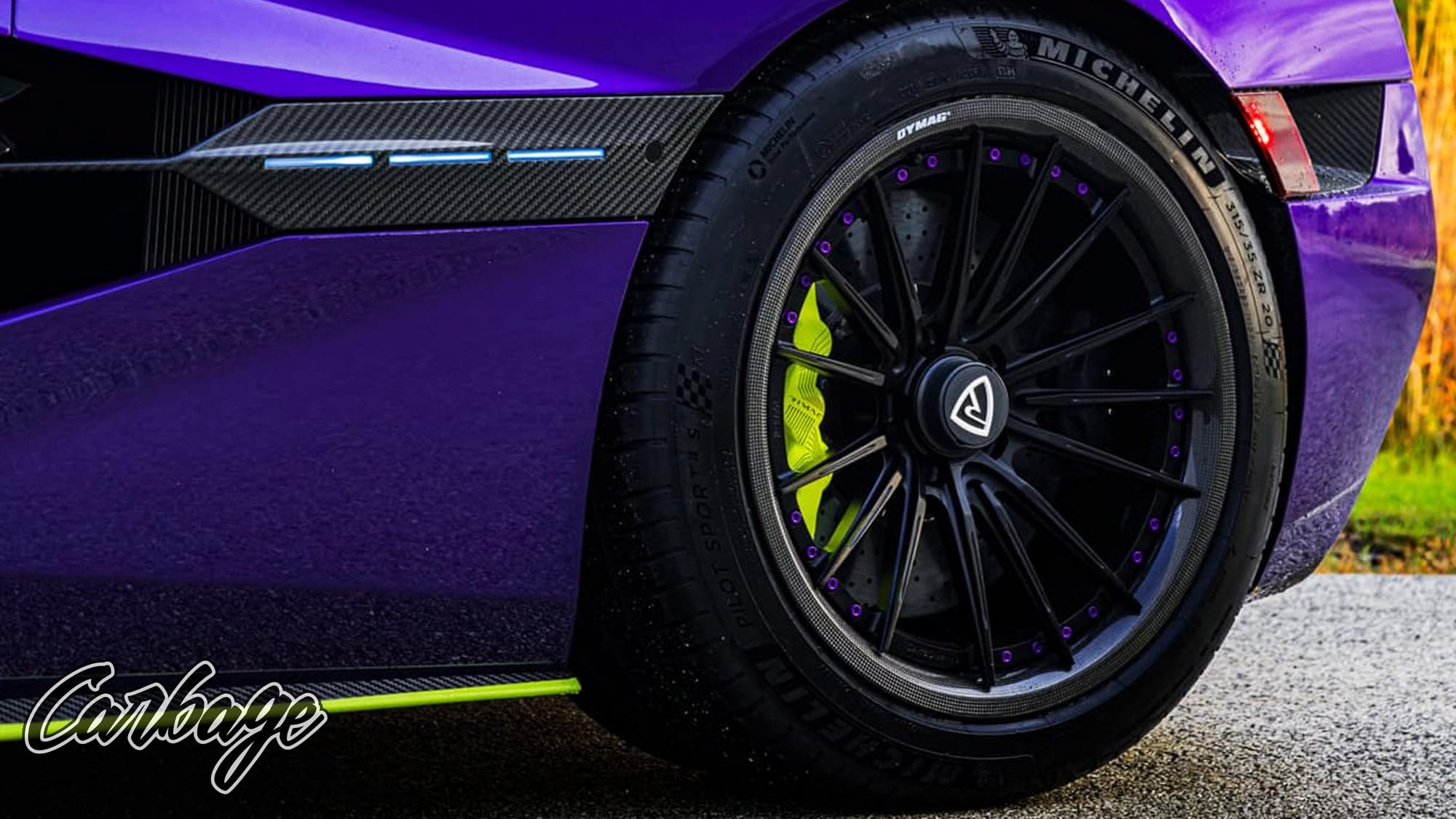
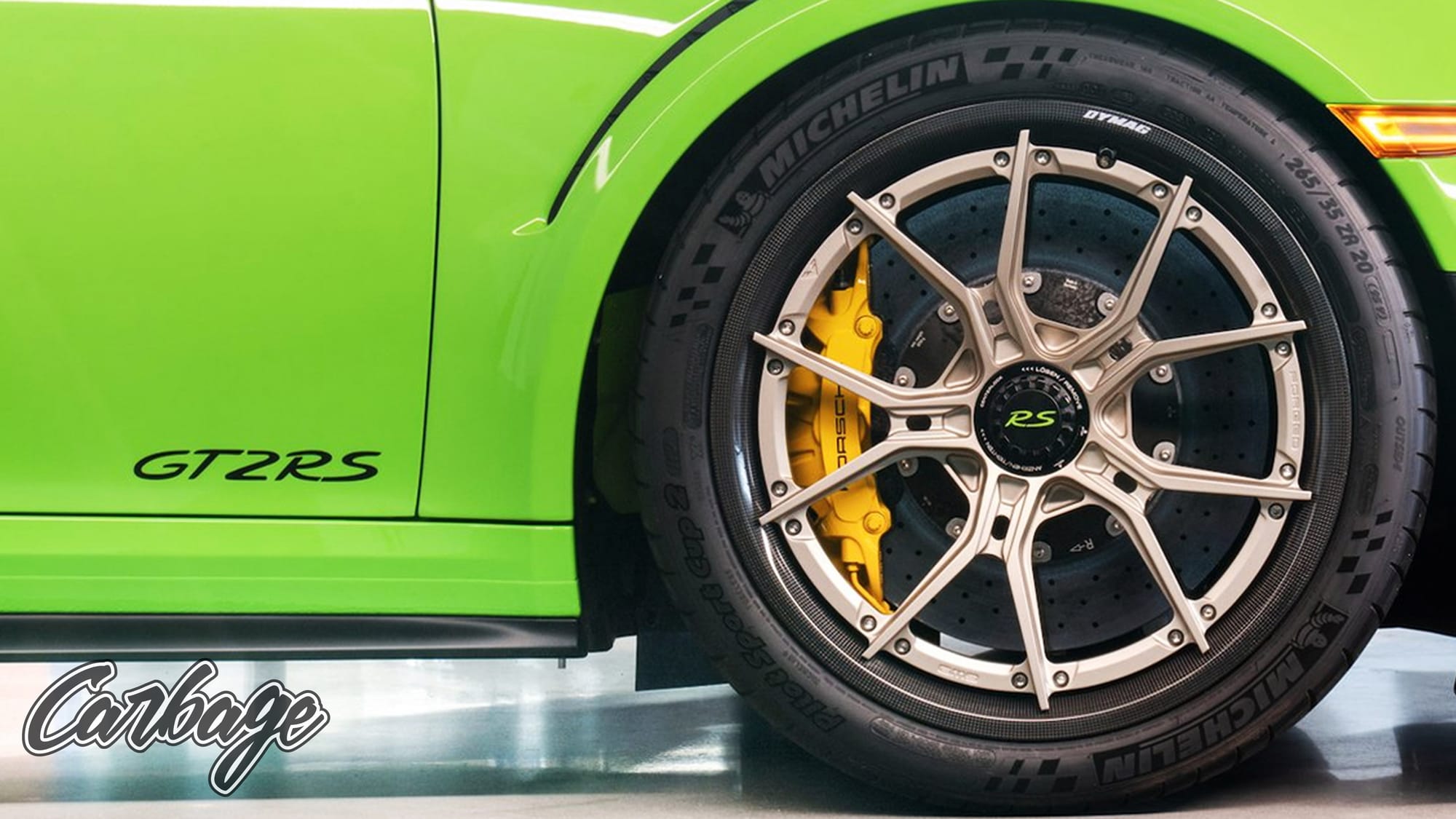
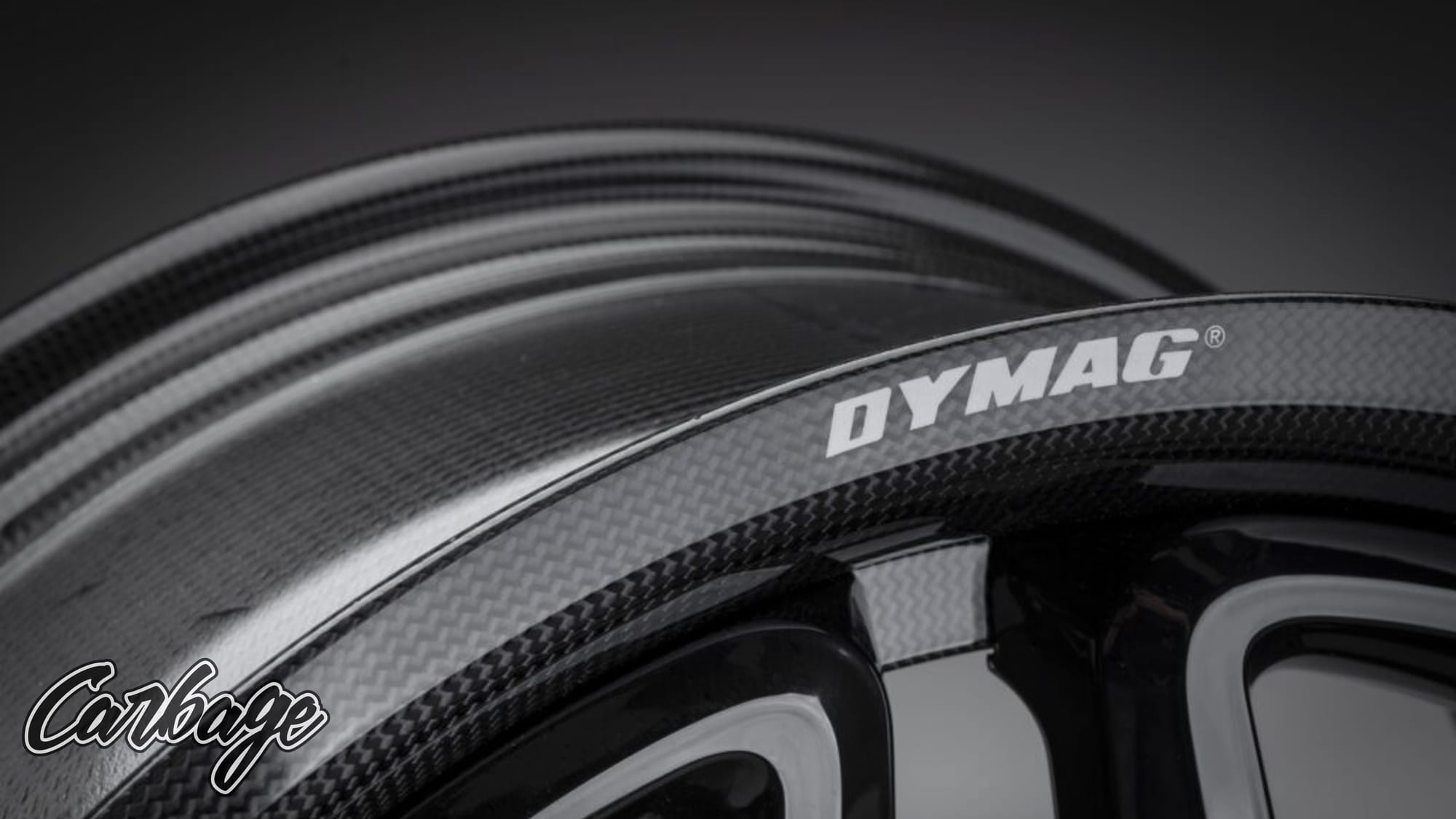
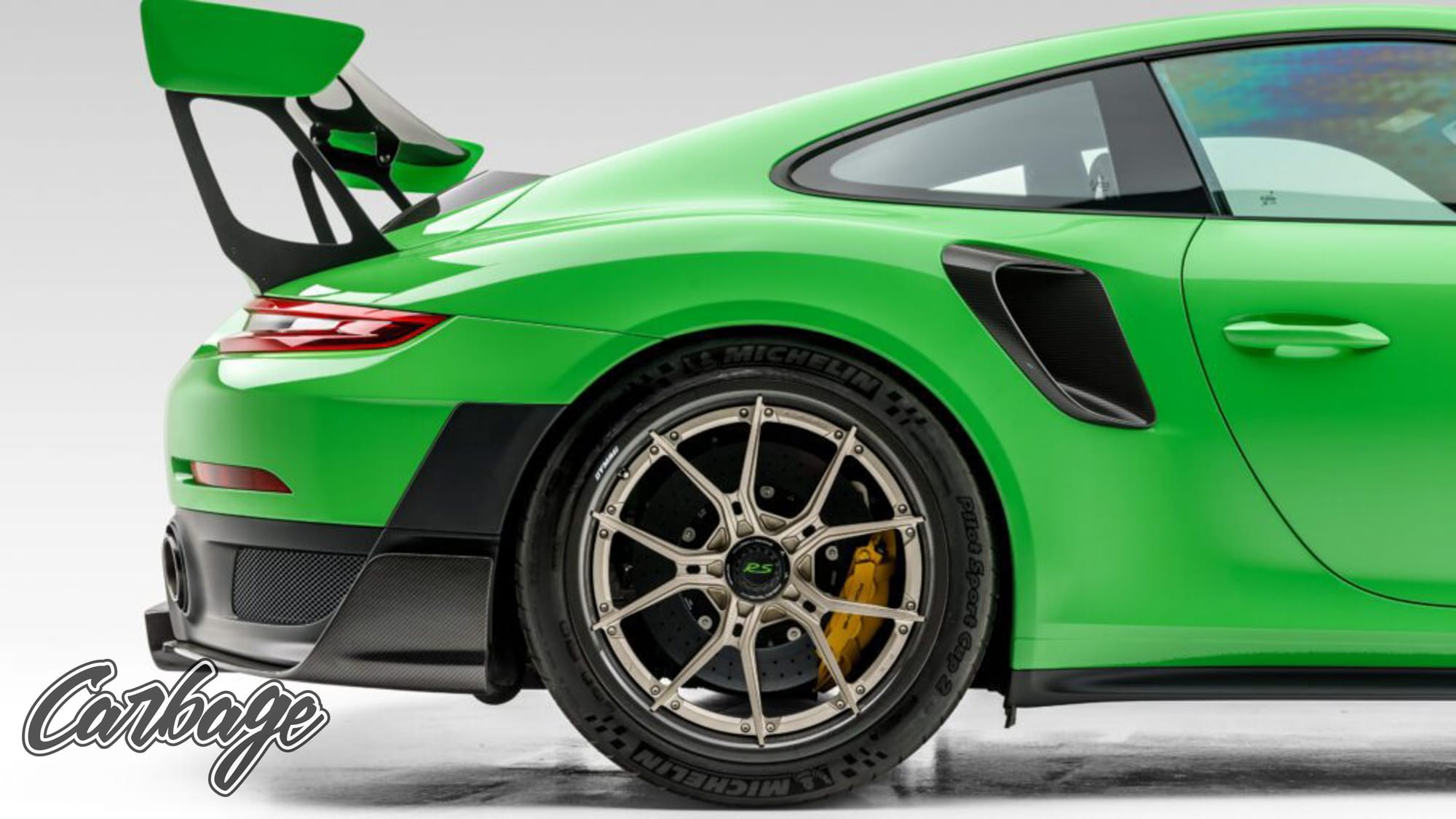
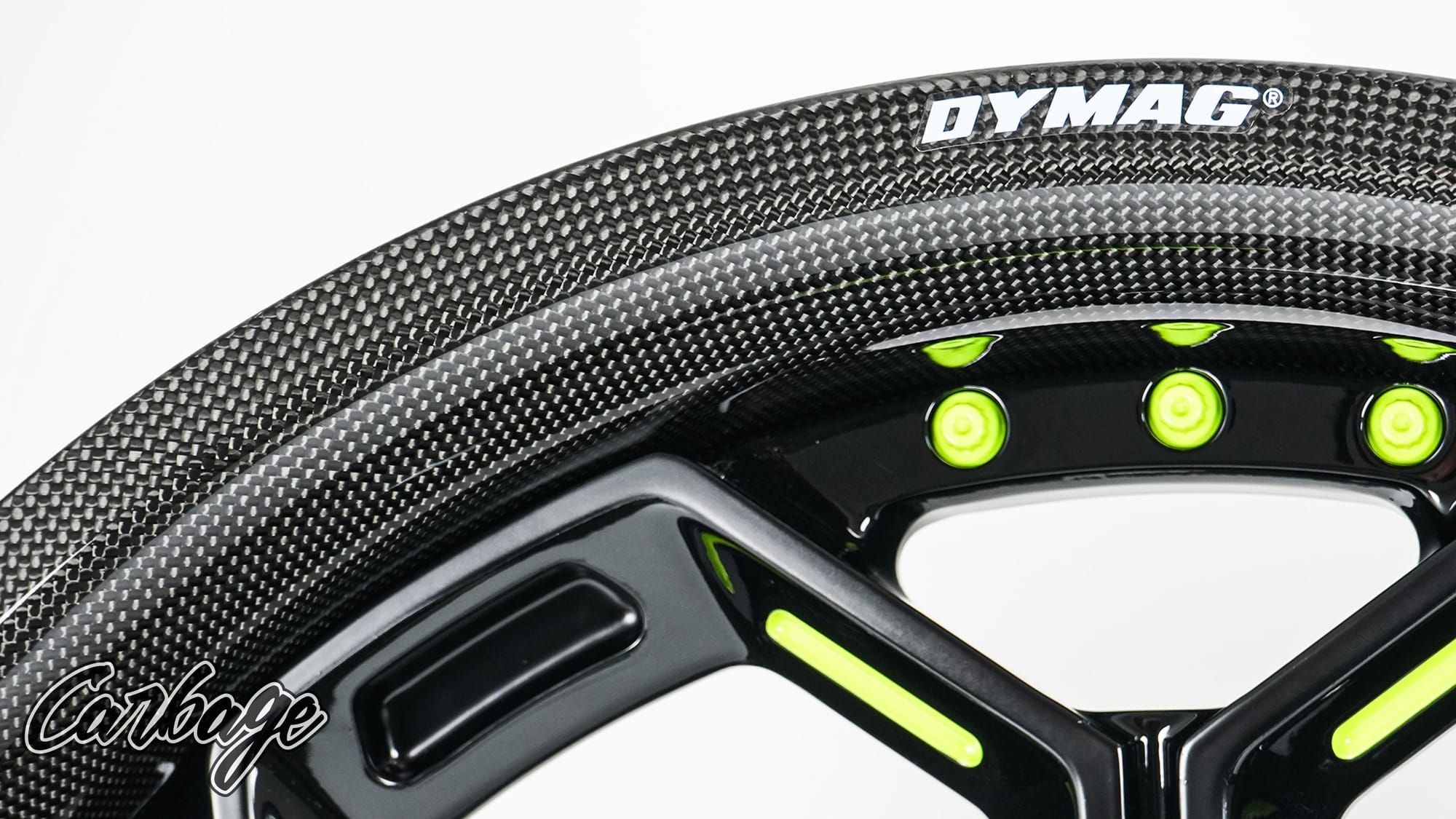
While we might not find the 2026 Honda Civic wearing all-carbon or carbon hybrid wheels as a factory option, there is a possibility the next Type R or similar level of performance car could. With increased scaling, it is entirely possible that those types of wheels could become a new standard in performance wheels for the rest of us. Why, you may ask, could I be confident in that statement? Because that is what happened with forged and flow-formed aluminum wheels. What was once exclusive territory for high-performance makes are now available at your local performance shop and even found as a factory option on those mid-level performance cars.
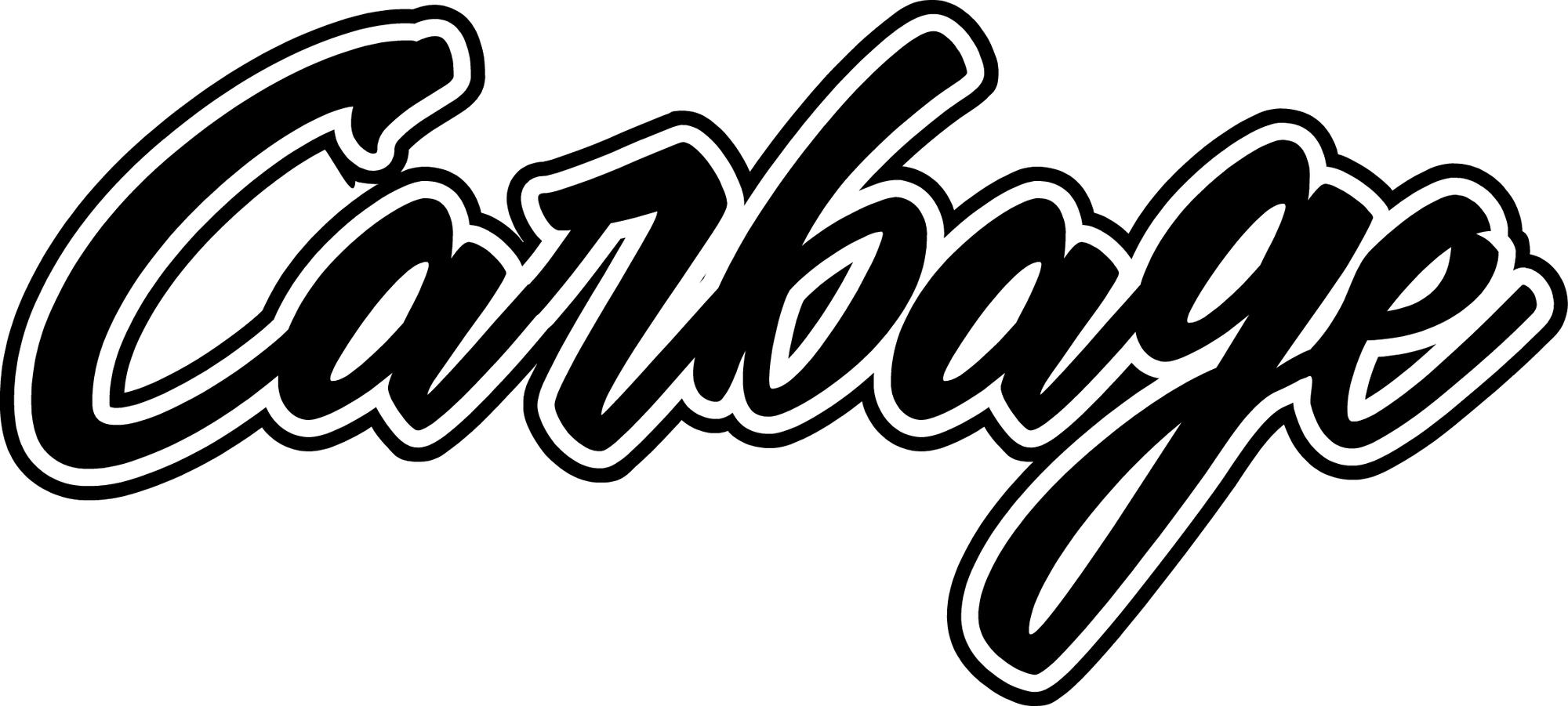

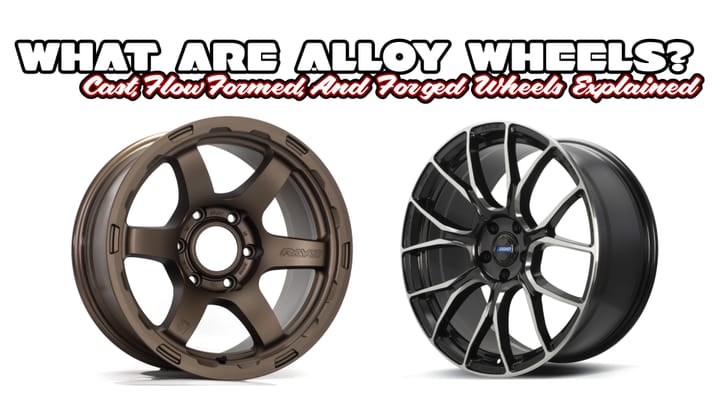
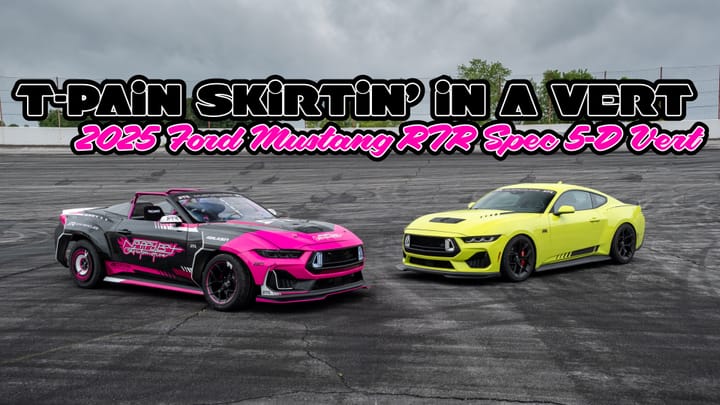
Comments ()